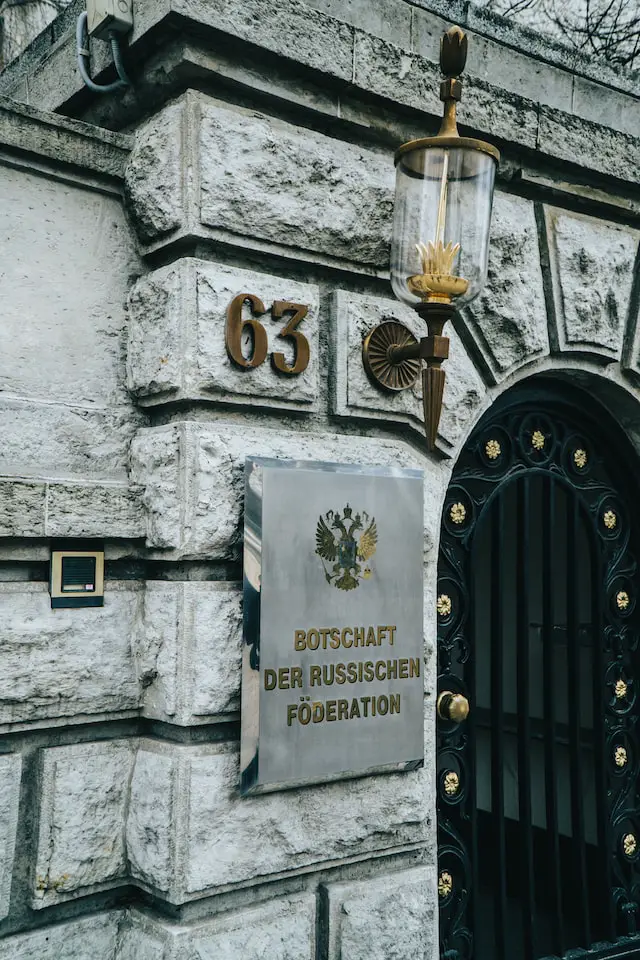A consulate is typically smaller than an embassy and its primary purpose is to provide services to the citizens of the country that it represents. On the other hand, an embassy is responsible for representing the interests of its country in another nation.
What is a consulate?
A consulate is a government office that is located in a foreign country and is responsible for representing the interests of its citizens in that country. A consulate provides assistance to its citizens concerning travel, trade, and other matters. A consul is the head of a consulate and serves as the official representative of his or her country.
What is an embassy?
An embassy is a diplomatic mission that represents the interests of one country in another. An embassy is typically located in the capital city of the host country and is staffed by diplomats who represent their government’s interests in matters such as trade, cultural exchange, and security.
The word “embassy” is derived from the Latin word “ambactus,” which means “servant.” In early modern times, an ambassador was a nobleman who represented his sovereign in another court. The first embassies were established in the 13th century when Pope Innocent IV sent envoys to European monarchs to negotiate peace treaties.
Today, an embassy is more than just a diplomatic mission. It also provides consular services, such as issuing passports and visas and can offer assistance to citizens of the country who are travelling or living abroad.
Can you get a visa at a consulate?
The answer to this question depends on the country you are trying to enter. For most countries, you will need to apply for a visa at the consulate before you can enter. The consulate is responsible for processing visa applications and issuing visas to foreign nationals who wish to enter the country.
If you are trying to enter the United States, there are a few different types of visas that you can apply for at the consulate. These include tourist visas, business visas, and student visas. Each type of visa has its requirements that you will need to meet to be eligible for a visa.
The consulate is also responsible for assisting foreigners who are already in the country. This includes help with renewing passports, getting emergency medical assistance, and filing police reports. If you are having trouble with your visa or have any questions about your status in the country, you should contact your nearest consulate for help.
Can police enter a consulate?
The short answer is that police generally cannot enter a consulate without the consent of the consulate’s head of mission. A consulate is considered to be part of the territory of the country it represents, and as such has a certain degree of sovereignty. This means that consular staff are not subject to the laws of the host country in the same way that diplomats are.
There are some exceptions to this rule, however. Police may enter a consulate if they have a warrant or if they believe that a crime is being committed inside. In these cases, they must notify the head of mission as soon as possible.
It should be noted that even though police cannot enter a consulate without permission, they can still keep an eye on activities taking place inside. They may do this by monitoring entrances and exits, or by setting up surveillance cameras outside the building.
Photo by Jonathan Kemper on Unsplash








